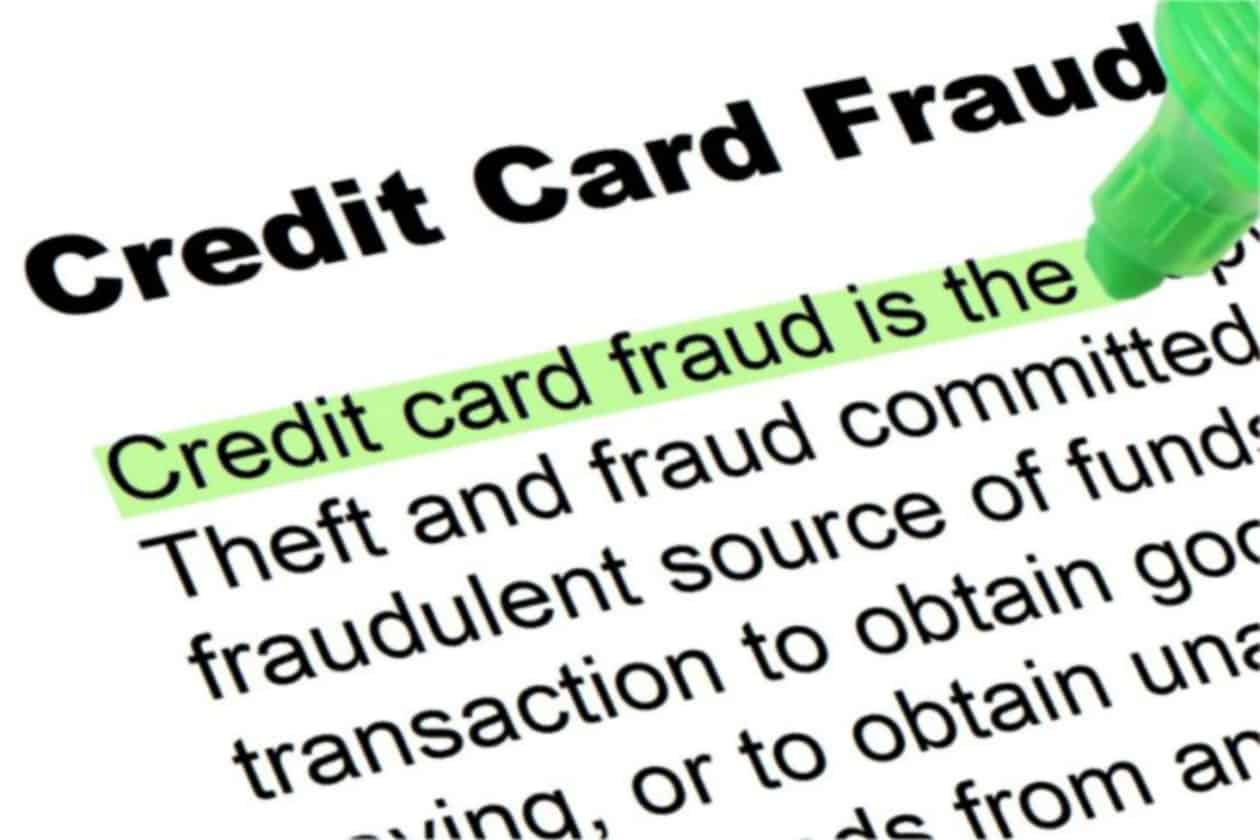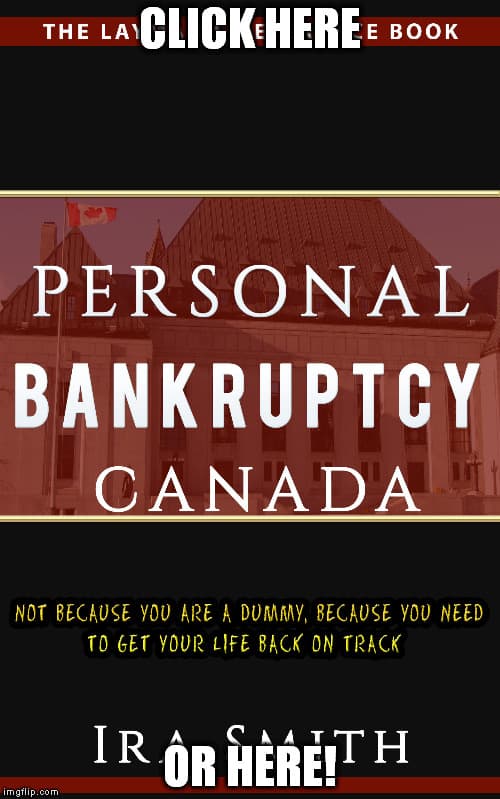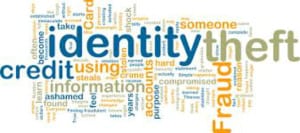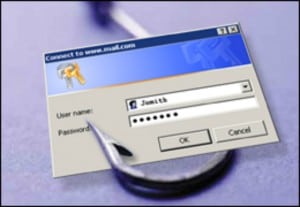Annual credit report Canada: Introduction
On Monday, July 29, 2019, Capital One Financial Corp. (Capital One) reported a huge data breach. On the same day, Capital One announced that the FBI arrested a suspect, Paige A. Thompson. She is a Seattle software engineer. It is reported that the breach concerns 100 million individuals in the United States and approximately 6 million people in Canada touched in some capability by this violation. There are about 37 million people living in Canada. That is why I say that 1 in 6 Canadians will want an annual credit report Canada.
In Canada, Capital One issues and administers the Costco and Hudson’s Bay MasterCard. So, if you have one of those credit cards, then you have a high probability of having had your information hacked.
Annual credit report Canada: What Capital One said
Capital One claims there were no credit card account numbers or login details swiped. They also state that most of the Americans and Canadians impacted were from small companies that requested a bank card from 2005 through 2019. The jeopardized information consisted of information typical to such applications. Names, addresses, zip and postal codes, phone numbers, email addresses, dates of birth and annual income.
However, Capital One also admitted that for its US customers, 140,000 Social Security numbers for bank card clients and also 80,000 connected savings account numbers were also exposed. For Canadian customers, about 1 million social insurance numbers were obtained by the hacker.
Capital One’s press release has tried to downplay the data breach by saying how low the number of stolen data was. But that is still a great deal of stolen personal details for 106 million people in North America. I bet none of those people think that it was not a big deal!
Capital One said they are going to make free credit monitoring and identity protection available to everyone involved. I am sure that many attorneys will be asking a simple question: In the wake of the Equifax data breach, what did Capital One do to reinforce its cybersecurity? I am sure more will be reported on this over time.
Annual credit report Canada: What to do immediately if you might be affected
If you have ever applied for a Capital One card over that 14-year span, you could be affected. As I mentioned at the beginning, about 1 in 6 Canadians are at risk. No statements or other evidence has come out yet as to what Ms. Thompson did with the information, if anything if it was me, I would take certain steps to protect myself. Identity theft is what I would be most worried about.
The very first thing I would do is change my login credentials and password to my Capital One online account. Depending on what email address I use for that account, I would consider whether that email account was essential for me or could I use a new one. If essential, I would make sure that I had sufficient cybersecurity over the email account. In either case, I would make sure that I had proper security on any computer or device I might use to access my Capital One account.
In Canada, there are two credit reporting agencies or credit bureau Canada; Equifax Canada (Equifax) and TransUnion Canada (TransUnion). Unfortunately in Canada, unlike in the USA, you cannot put a freeze on your credit report. A freeze would require anyone wanting to access your credit files to first get your permission on a case by case basis.
However, in Canada, you can put a fraud alert on your credit report. I would contact both Equifax and TransUnion to see if they would let me put such an alert on my credit report. The alert would be that you believe you are a victim of the Capital One data breach in 2019. It is possible though that unless I could prove that a problem already existed, they may not let me. However, that would not stop me from trying.
I would also order my free annual credit report Canada to make sure that there are not any items showing up that you never applied for.
These are the three things that I would do immediately.
Annual credit report Canada: There are other things I would also do to protect myself
Next, I would watch my credit card statements very carefully when they arrive each month. I would look for any suspicious transactions and investigate them. If there were any, I would, of course, report them to the credit card issuer immediately. No doubt they would shut down my card and issue a new one to me.
If my information was sold or otherwise shared by the hacker, I would expect to receive phishing scam emails. I would be most vigilant not to succumb to any of them. I would mark them spam immediately, without clicking on any of the links.
I might also expect to receive scam phone calls to at least the phone number(s) I provided to Capital One. I would never share personal information over the telephone with someone calling me, even if it sounds legitimate. I would ask them for their company employee and contact details and then hang up. I would then do my own sleuthing to determine if that phone call was real or someone trying to pull a scam on me. You cannot rely on your caller id, since spoofing software exists to create a phony number resembling a legitimate company.
If you receive any calls from a credit card company or collection agency about an overdue account that you do not recognize, that to is a result of identity theft. Criminals take out credit cards and loans in the name of the person whose identity they stole. You don’t find out about it until the bank calls or writes you about your delinquent account.
Finally, both Equifax and TransUnion allow you to obtain an annual credit report Canada. I would not request both an Equifax Canada free credit report and a TransUnion Canada free credit report at the same time. Rather, I would first get, say, a TransUnion free credit report immediately and keep it as my baseline.
Then, 6 months later, I would request my Equifax free annual credit report Canada to compare. I would be looking for any credit inquiries from parties that I never made a credit application to or don’t currently have a credit line with. I would use this alternating procedure for a while to make sure nothing funny was going on in my credit files.
Conclusion for annual credit report Canada
I hope you enjoyed this annual credit report Canada Brandon’s Blog. Are you the victim of identity theft? Has your stolen information been used to run up debts in your name? Are you on the verge of bankruptcy? Do not wait till it is far too late to understand how you can restructure your financial affairs and avoid bankruptcy. You do not need to be one more person or company declaring bankruptcy in Canada.
As a licensed insolvency trustee (formerly called a bankruptcy trustee), we are the only specialists certified, accredited and overseen by the federal government to provide insolvency guidance and to apply remedies under the BIA. We will certainly help you to choose what is best for you to release you from your debt problems.
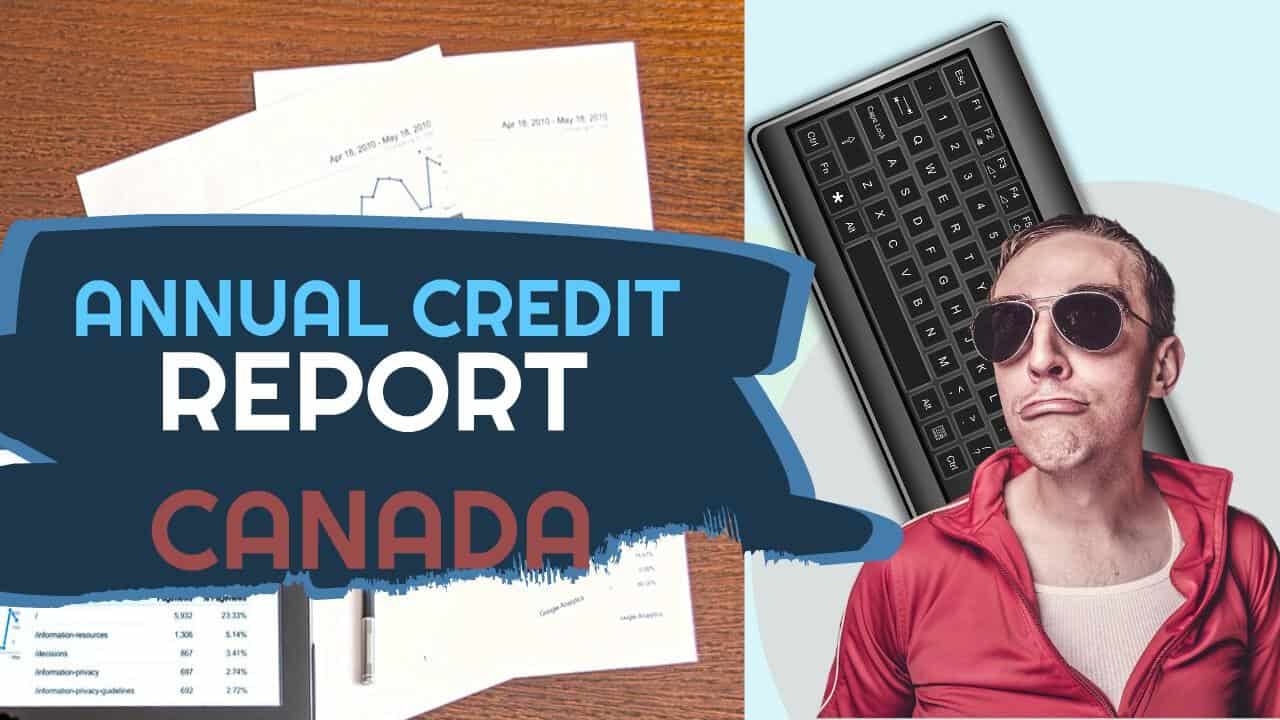
Call the Ira Smith Team today so we can get rid you for you the stress, anxiety, pain and discomfort that your money issues have created. With the distinct roadmap, we establish simply for you, we will without delay return you right into a healthy and balanced problem-free life, Starting Over Staring Now. Call the Ira Smith Team today.annual credit report canada

